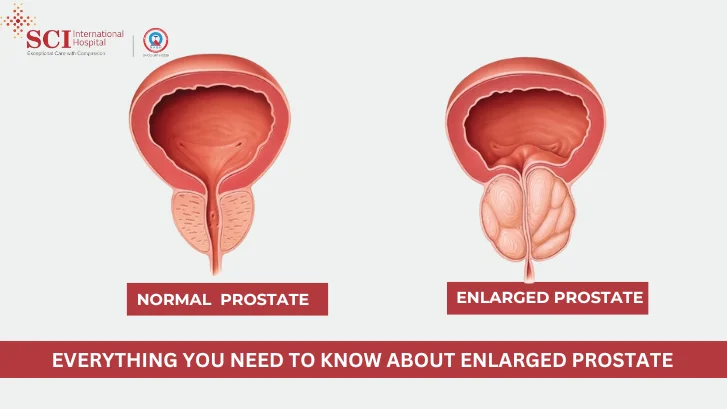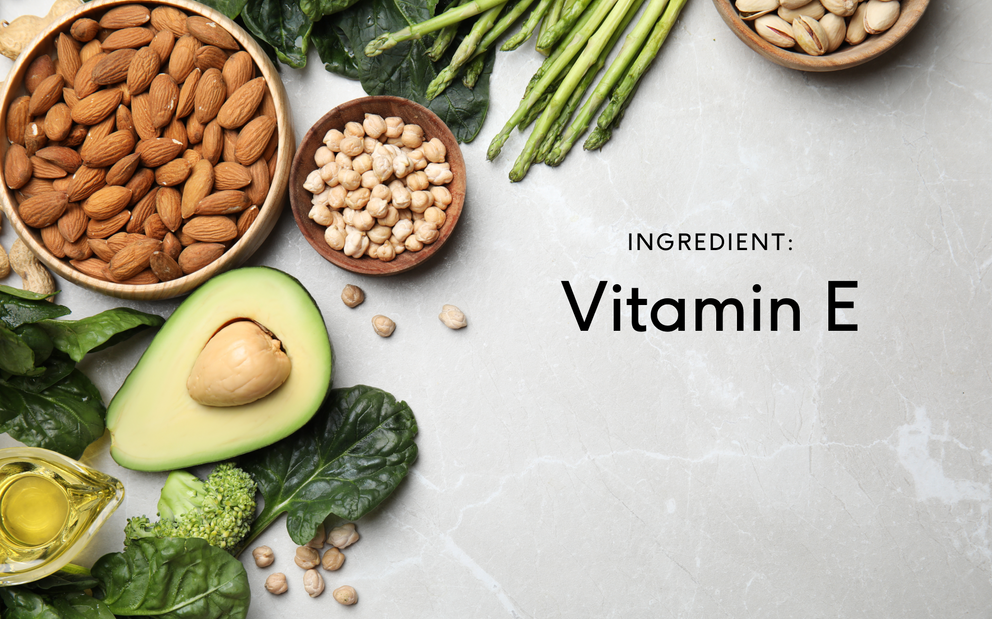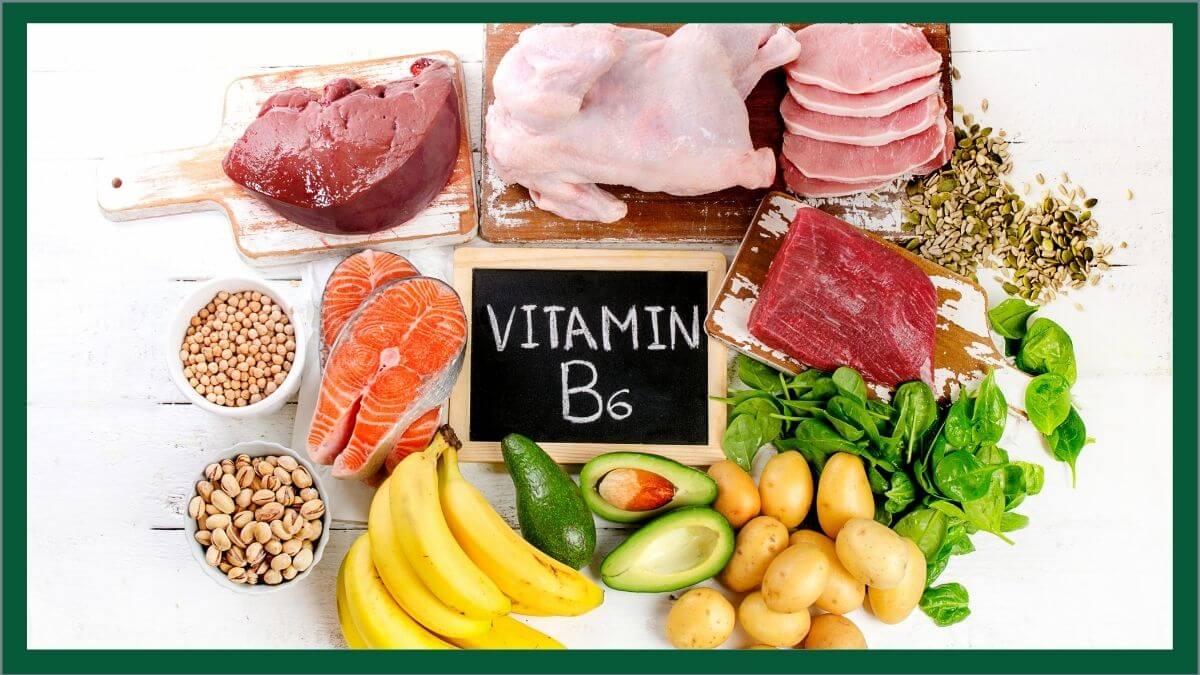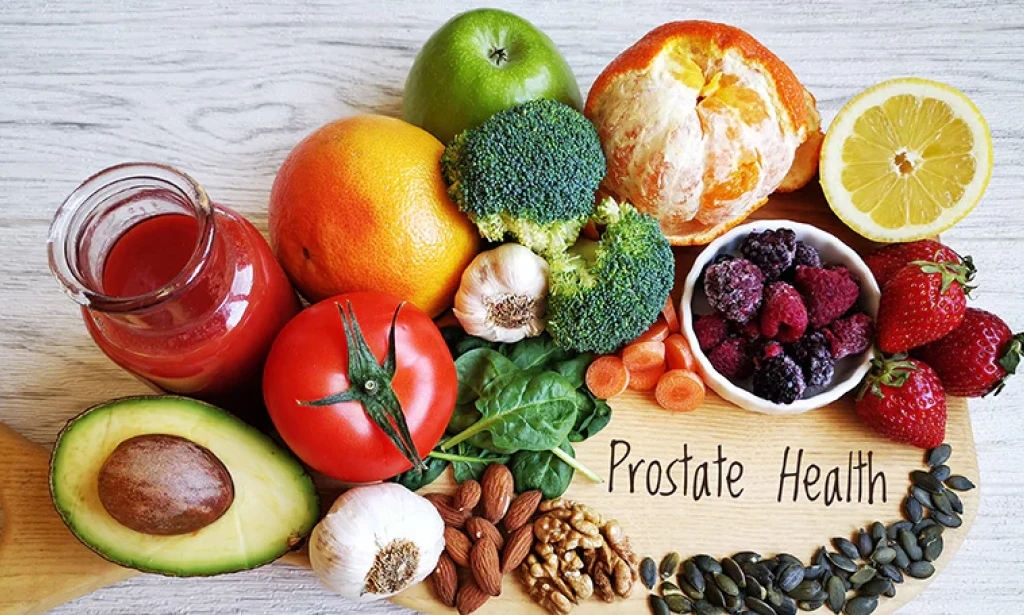Table of Contents
- Introduction: Understanding Enlarged Prostate
- Vitamin D: The Essential Nutrient for Prostate Health
- Vitamin E: Antioxidant Support for Prostate Function
- Vitamin B6: Promoting Hormonal Balance
- Vitamin C: Supporting Immune Health and Reducing Inflammation
- Other Key Nutrients and Supplements for Prostate Health
- Lifestyle Factors That Complement Vitamin Therapy
- Conclusion: A Holistic Approach to Prostate Health
1. Introduction: Understanding Enlarged Prostate
An enlarged prostate, also known as benign prostatic hyperplasia (BPH), is a common condition among aging men. As the prostate grows larger, it can press against the urethra, leading to urinary symptoms such as frequent urination, especially at night, difficulty starting urination, and a weak urine stream. While BPH is not cancerous, it can significantly affect quality of life. The causes of BPH are largely linked to hormonal changes as men age, particularly an increase in dihydrotestosterone (DHT), a derivative of testosterone that encourages prostate growth. Although medications and surgery are common treatments, certain vitamins and nutrients can play a crucial role in managing the condition and supporting prostate health naturally.
2. Vitamin D: The Essential Nutrient for Prostate Health
Vitamin D is often referred to as the "sunshine vitamin" because it is produced in the skin when exposed to sunlight. However, many people are deficient in vitamin D, particularly those who live in areas with limited sun exposure. This deficiency has been linked to various prostate problems, including BPH. Research indicates that vitamin D can regulate the growth of prostate cells and may help shrink an enlarged prostate by inhibiting the activity of harmful growth factors, including DHT. Additionally, vitamin D has anti-inflammatory properties, which can reduce the swelling and irritation commonly associated with an enlarged prostate. Studies suggest that men with adequate vitamin D levels are less likely to develop prostate issues, including BPH and prostate cancer.
3. Vitamin E: Antioxidant Support for Prostate Function
Vitamin E is a powerful antioxidant that helps neutralize free radicals in the body, protecting cells from oxidative stress and inflammation. Oxidative stress plays a significant role in the development and progression of BPH, and vitamin E’s ability to combat this damage makes it a beneficial supplement for prostate health. Some studies suggest that vitamin E may reduce the size of the prostate and improve urinary symptoms associated with BPH. Vitamin E also helps support the immune system, which is crucial for preventing infections and other complications that can arise with prostate enlargement. You can obtain vitamin E from foods like nuts, seeds, and leafy green vegetables, or through supplementation.
4. Vitamin B6: Promoting Hormonal Balance
Vitamin B6, also known as pyridoxine, is important for maintaining healthy hormonal levels in the body. It plays a key role in the metabolism of neurotransmitters, which affects hormone production, including testosterone and estrogen. By promoting hormonal balance, vitamin B6 may help reduce the levels of DHT, the hormone responsible for stimulating prostate growth. Several studies have shown that adequate levels of vitamin B6 can help alleviate symptoms of BPH, including frequent urination and urinary retention. In addition, vitamin B6 can support overall prostate health by promoting better circulation and reducing inflammation. Foods rich in vitamin B6 include poultry, fish, potatoes, and fortified cereals.
5. Vitamin C: Supporting Immune Health and Reducing Inflammation
Vitamin C is well-known for its immune-boosting properties, but it also has a role in reducing inflammation and supporting overall prostate health. An enlarged prostate is often associated with inflammation, which can worsen urinary symptoms and discomfort. Vitamin C’s anti-inflammatory properties can help reduce the swelling of the prostate, improving urinary flow and reducing the urgency to urinate. Additionally, vitamin C is an essential nutrient for collagen synthesis, which helps maintain the integrity of prostate tissues. It also plays a key role in protecting the prostate from oxidative damage, supporting its health over the long term. You can find vitamin C in citrus fruits, bell peppers, and dark leafy greens, or take it in supplement form.
6. Other Key Nutrients and Supplements for Prostate Health
In addition to vitamins, several other nutrients and supplements have been shown to benefit prostate health:
-
Saw Palmetto: This herb is one of the most commonly used supplements for BPH, as it may help shrink the prostate and alleviate urinary symptoms. Saw palmetto is believed to inhibit the conversion of testosterone to DHT, similar to the action of certain medications for BPH.
-
Zinc: Zinc plays a crucial role in prostate function and has been linked to a reduced risk of prostate enlargement. Some studies have shown that men with lower zinc levels are more likely to develop BPH.
-
Beta-Sitosterol: A plant-based compound found in foods like avocados and nuts, beta-sitosterol has been shown to improve urinary symptoms associated with BPH, such as urgency and weak urine flow.
-
Pygeum: Extracted from the bark of an African tree, pygeum has been shown to reduce inflammation and improve urinary symptoms in men with enlarged prostates.
Incorporating these nutrients and supplements into your diet can provide comprehensive support for prostate health, helping to manage the symptoms of BPH and promote overall wellness.
7. Lifestyle Factors That Complement Vitamin Therapy
While vitamins and supplements can play a significant role in supporting prostate health, lifestyle factors also matter. Maintaining a healthy weight, exercising regularly, and avoiding excessive alcohol consumption and smoking can all help manage BPH symptoms. Additionally, reducing stress through practices like yoga, meditation, or deep breathing can help manage inflammation and promote overall well-being. A balanced diet rich in whole foods—especially fruits, vegetables, lean proteins, and healthy fats—supports optimal prostate function and overall health.
8. Conclusion: A Holistic Approach to Prostate Health
While vitamin supplementation can help shrink an enlarged prostate and alleviate symptoms of BPH, it is important to take a holistic approach to prostate health. This includes a combination of healthy dietary habits, regular physical activity, and lifestyle adjustments that support overall well-being. Before starting any new supplements or vitamins, it’s essential to consult with a healthcare professional to ensure they are appropriate for your specific needs and health conditions. With the right approach, you can manage an enlarged prostate effectively and improve your quality of life.



You must be logged in to post a comment.